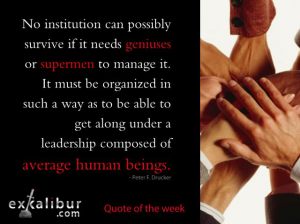Vol 72: Seven Swing Thoughts to Overcome Adversity
““Thankfully, perseverance is a good substitute for talent” — Steve Martin

7 Swing Thoughts to Overcome Adversity
The recent 92nd PGA championship ended tragically for Dustin Johnson based on a questionable and controversial call. What virtually every observer, from fans to PGA champions, saw as a sandy area of the rough outside of the ropes was declared by rules officials as a sand trap even though spectators were standing in it. Under the rules of golf, that resulted in a two-stroke penalty because a player can’t ground his club in the sand. It cost him a chance to participate in a three-hole playoff for the trophy in one of golf’s four major championships.
It was heart-breaking to watch and even brought a roar of disapproval from the usually reticent golf crowd. For most casual observers, it’s a distinction without a difference … but in the rules-driven PGA tour, it was a judgment call without heart or soul. Mr. Johnson’s disappointment now competes with Armando Galaragga’s recent loss of a perfect game in baseball.
What do we do when we suffer a major disappointment, e.g., the loss of a major client we served so well or the departure of a valued employee to whom we thought we had extended every opportunity? (more…)










